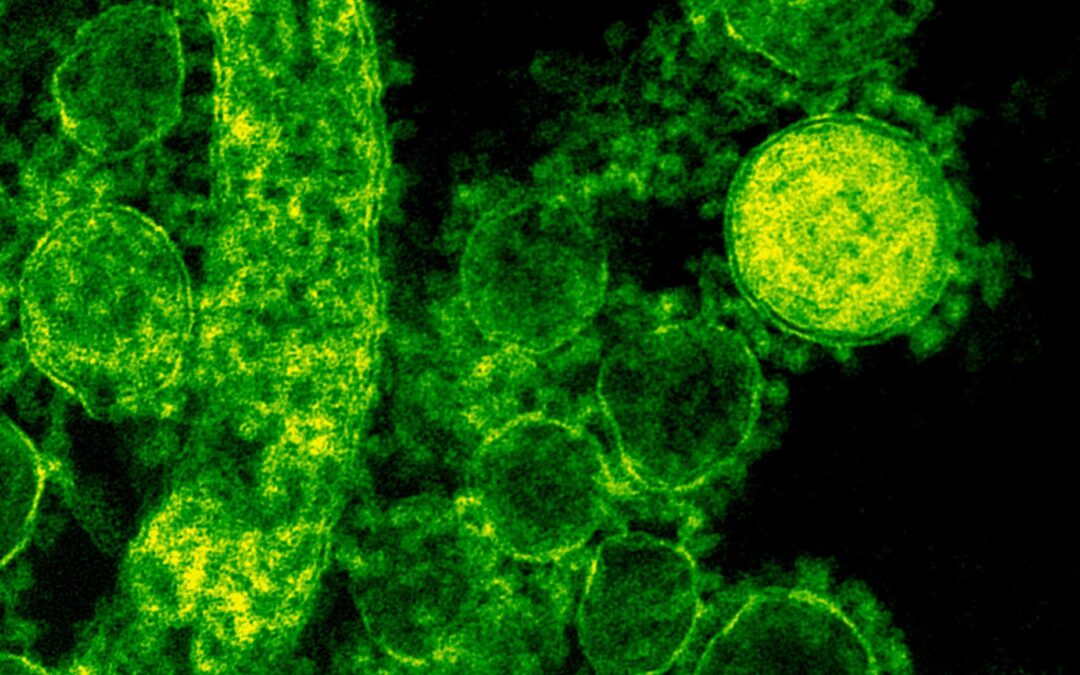Gut health and the gut-brain axis and their effect on mental health are fairly new phenomena that medical professionals are still learning about today. You may have had a “gut feeling” or felt butterflies before a presentation. These are examples of the gut-brain axis. While these are minor examples, there can also be more intense effects on the body.
Research has shown that there is a connection between poor gut health and the potential of developing depression or anxiety. It’s important to note that if you are struggling with your mental health, you are not alone. The staff here at West Coast Recovery Centers are here to help you learn more and improve your mental health for a higher quality of life.
What Is the Gut Microbiome?
In simpler terms, the gut microbiome consists of trillions of microorganisms which include fungi, bacteria, and parasites. This all may sound scary, but their purpose is to help the body perform daily tasks that are highly beneficial for overall health.
Every individual has their own microbiome that is unique to them and their DNA. You are exposed to this specific bacteria during birth from your mother and then from breastfeeding. Most of your mother’s DNA and health are passed down to you through the birth canal, which can help your microbiome from the start.
The Role of Your Environment and Diet for Gut Health and Mental Health
The environment that you grow up in can affect the overall health of your microbiome. For example, if you live in a city, there can be a lot of pollution and lower-quality air that can significantly affect your health. Even the quality of your water can affect your gut health over time. There are many different factors in our modern world that can affect your gut health, including your diet and environment.
Diet is also important to your gut health because the foods you eat can either have a positive or negative impact. For example, a diet consisting of processed foods and higher sugar levels can be detrimental to your gut health. This is because all of those foods are inflammatory and provide no nutritional value.
Foods you can eat for your gut health include the following:
- Natural probiotics such as kefir and kimchi
- Diverse fruits and vegetables
- High fiber foods
- Lean proteins
- Bone broth
What Are Probiotics?
Probiotics can either come from supplements or from certain food products. They are good bacteria that can be found in your microbiome. These can specifically help to ensure a healthy immune system and digestive systems.
There is, however, some contradicting research on probiotics and their effectiveness. Especially since they are most commonly found in supplements that are not regulated by the Food and Drug Administration (FDA). This can be worrisome because since they are not regulated, there is no way to officially tell if they contain the number of probiotics on the label. Due to this, it can then affect if the probiotics can actually help or not.
The Gut-Brain Axis: Mental Health and Gut Health
Research shows that our gut is specifically connected to our brain, which is in charge of many different factors, including mental health and mood. For example, 95% of the body’s supply of serotonin is located in the gut. Serotonin is the “feel good” neurotransmitter that could explain the impact on your gut health and the potential for depression. Over time, consistently experiencing poor gut health can lead to chronic inflammation, impacting your cognitive abilities.
Next Steps
If you find yourself struggling with your gut health or mental health, it’s important to understand what you can do to ensure you are receiving the help you need. You can start by reaching out to your current physician and a trusted family member or friend for support. You can also reach out to a mental health professional to help you through this time as well.
It’s important to remember that there are many options and different daily habits you can do to help improve your gut health and your mental health. For example, incorporating daily movement can help lower stress levels and improve both your gut health and mental health. You can also make sure to prioritize a healthy diet consisting of diverse fruits and vegetables and less processed foods.
These are all different examples of ways you can begin today when it comes to living a healthy lifestyle. It is possible and may not be as complicated as we have thought in the past. The relationship between gut health and mental health is becoming increasingly researched and known by professionals and their clients. Learning more about gut health can help to improve the lives of the generation after us as we keep learning more about this phenomenon.
While gut health and its impact on your mental health may still be fairly new, it is still something important to be cautious of. There are many different factors that can affect your gut health, such as the way you were born, your environment, stress levels, and your diet. It’s important to understand the connection between the two and how you can implement different daily routines to ensure a healthy gut and happy life. If you are struggling with your mental health, you are not alone. Here at the West Coast Recovery Centers, we make it a priority to combat mental health concerns such as depression through therapy and different holistic approaches. Reach out today at (760) 492-6509.




